What is hydroxypropyl methyl cellulose used for?
Hydroxypropyl Methyl Cellulose (HPMC) is a multifunctional and versatile compound that finds extensive use in various industries due to its unique properties. Derived from cellulose, a natural polymer found in plant cell walls, HPMC has gained popularity for its wide range of applications.
Construction Industry:
HPMC is a key ingredient in construction materials, serving as a vital additive in cement-based products. Its water retention properties improve the workability of mortar and plaster, allowing for better adhesion to surfaces. Moreover, HPMC acts as a thickening agent, enhancing the consistency of construction materials and preventing sagging.
Pharmaceuticals:
In the pharmaceutical industry, HPMC is widely employed as a coating agent for tablets and capsules. It provides a protective barrier, controlling the release of active ingredients and ensuring proper dissolution. HPMC coatings also contribute to the visual appeal of pharmaceutical products and aid in masking any unpleasant tastes or odors.
Food Industry:
As a food additive, HPMC serves various purposes, including thickening, emulsifying, and stabilizing. It is commonly used in processed foods, dairy products, and desserts to improve texture and prevent separation. Due to its non-toxic nature, HPMC is considered a safe option for enhancing the quality of food products.
Additional reading:What is salicylic acid in skin care?
Demystifying Calcium Dodecyl Benzene Sulfonate: What Is It and How Is It Used?
Adhesive Tape vs. Liquid Adhesives
What are the advantages of acrylic emulsion?
Are Nonionic Surfactants Safe for Your Skin? Dermatologist's Insights
Does Ivermectin kill fleas?
Methyluracil Ointment: A Versatile Topical Medication for Skin Health
Personal Care Products:
In the cosmetic and personal care industry, HPMC is utilized in the formulation of creams, lotions, and shampoos. Its ability to provide a smooth and silky texture makes it a preferred choice for enhancing the sensory experience of skincare and haircare products. HPMC also acts as a thickener in these formulations, improving their stability and shelf life.
Paints and Coatings:
HPMC is an essential component in water-based paints and coatings. It functions as a thickener, preventing settling and improving the rheological properties of the paint. Additionally, HPMC contributes to the overall stability and durability of the coating, ensuring a consistent and high-quality finish.
Detergents and Cleaning Products:
In the production of detergents and cleaning products, HPMC is used to enhance the viscosity of liquid formulations. This helps in achieving the desired flow properties and ensures that the product adheres to surfaces effectively. The compatibility of HPMC with various surfactants makes it a valuable ingredient in these formulations.
Hydroxypropyl Methyl Cellulose (HPMC) has emerged as a crucial component in a diverse array of industries, owing to its exceptional properties. Its versatility, safety, and effectiveness make it a preferred choice for formulators and manufacturers seeking to improve the performance and quality of their products. As technology and research continue to advance, the applications of HPMC are likely to expand, further solidifying its role as a key player in various industrial processes.
How is formaldehyde produced in a formaldehyde plant?
How is EVA Hot Melt Adhesive Applied?
How is Copper Sulphate Used on Plants?
What is HPMC used for in construction?
What is Methylpropiophenone used for?
What is Activated Carbon and How is it Made?
Choosing the Right Hydroxyethyl Methyl Cellulose (MHEC) for Your Needs
146
0
0
Previous: What is PVA 2488 used for?
Related Articles




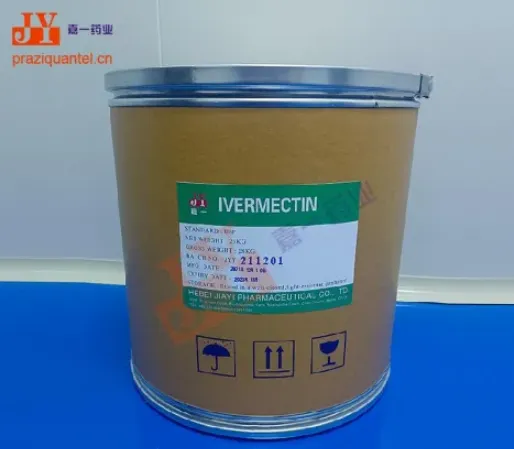


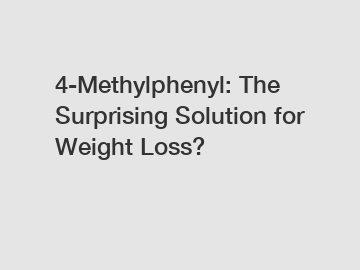
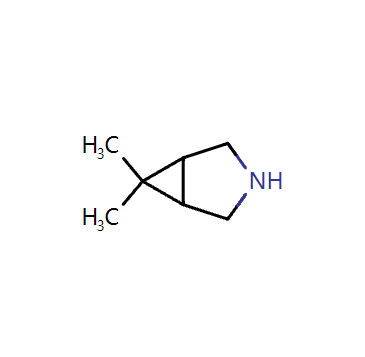
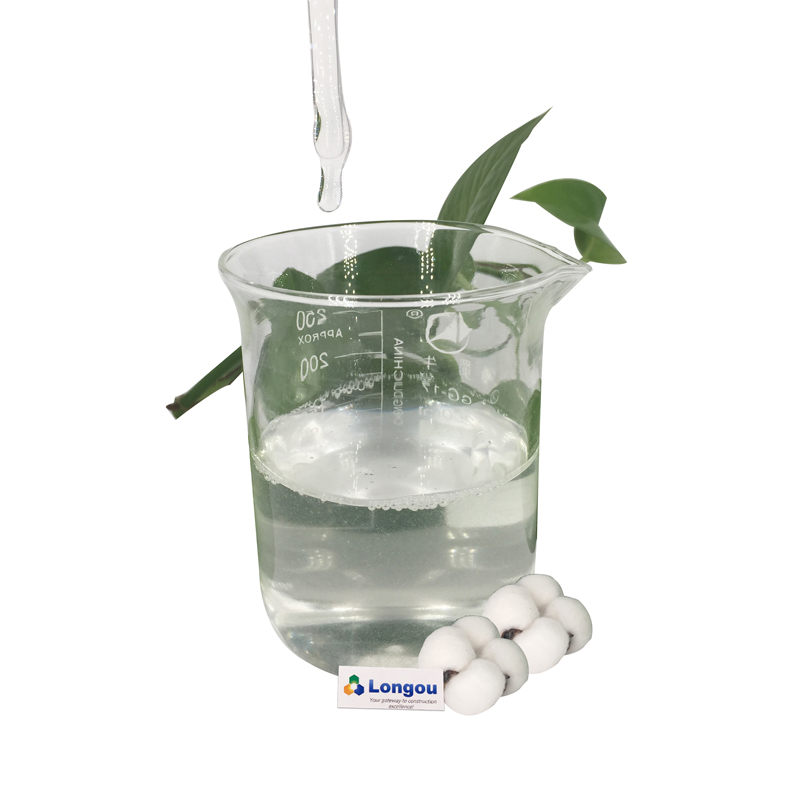
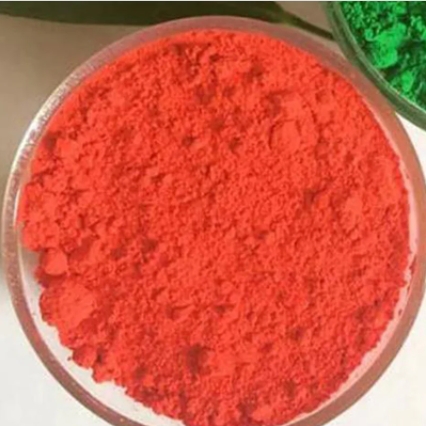

Comments
All Comments (0)